The Jules Verne Institute wins 6 new European projects and ranks 8th among all French institutions in 2022.
The Jules Verne Institute has established itself in the European research landscape and continues its progress by winning 6 new projects selected within the framework of the European Union’s Horizon Europe framework programme. Furthermore, for the first time, the Jules Verne Institute will lead a European research project as coordinating institution. The Institute ranks 8th among all French institutions in terms of European funding under the “industry” theme in 2022.
Nantes, 15 September 2022 – Jules Verne Institute intensified its efforts to position itself as a leading institution in the European research landscape, and it ranks 8th among all French institutions which submitted new project proposals under the “industry” theme in 2022. After submitting 14 applications in 2022, Jules Verne Institute has been granted 6 new projects for a total of nearly €73 million, doubling the number of ongoing European projects in which the Institute is involved (total budget of €161 million).
The institute participation in collaborative projects keeps growing, confirming that Jules Verne Institute expertise and know-how in the fields of additive manufacturing, robotics, composite and metallic materials processes, modelling, simulation and characterisation is widely appreciated by the European consortia.
- For the first time, Jules Verne Institute is leading as coordinating institution the European project: SUSPENS “Sustainable structural sandwiches and hollow composites parts for automotive, boat and aerospace markets”. As the title suggests, this project aims to develop composite parts in sandwiches and hollow composite parts that use up to 95% biosourced thermoset resins for the automotive, naval and aeronautical markets. These resins will be combined with sustainable fibres, such as natural cellulose fibres, lignin-based carbon and recycled carbon fibres. The technologies developed will contribute to drastically reduce CO2 emissions by several hundred thousand tons compared to current methods. The “Processes and Composite Materials” technological research team of the IRT Jules Verne will be in charge of the Work Package dedicated to the manufacturing of industrial demonstrators. SUSPENS project gathers 13 European partners, including the EMC2 French competitiveness cluster.
- In the frame of another Horizon Europe project, SALTO “reuSable strAtegic space Launcher Technologies & Operations”, Jules Verne Institute will gain new skills in relation to the space sector. This project will make it possible to produce, for the first time in Europe, a reusable first stage rocket demonstrator. By operating a large-scale, low-altitude vehicle, in line with future European strategic needs, and by integrating a set of critical technologies, the project will considerably strengthen the roadmap for strategic reusable launchers. This will impact the vision of a future launch fleet improving space access costs by 50% and reducing environmental impacts. SALTO will therefore serve as a “steppingstone” towards the reuse of strategic launchers in Europe, which is one of the key leverages to achieve this vision. SALTO project will result in flight test campaigns to demonstrate and validate the technologies needed for a reusable launch vehicle. The “Characterisation, Monitoring and Control” technological research team of the Jules Verne Institute will be responsible for developing innovative non-destructive testing (NDT) technologies. SALTO project is coordinated by ArianeGroup (France) and comprises 27 partners.
Read the press release


